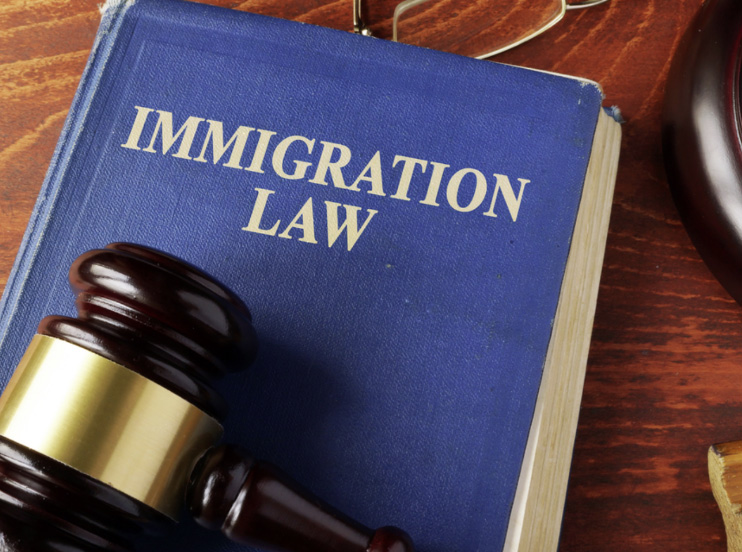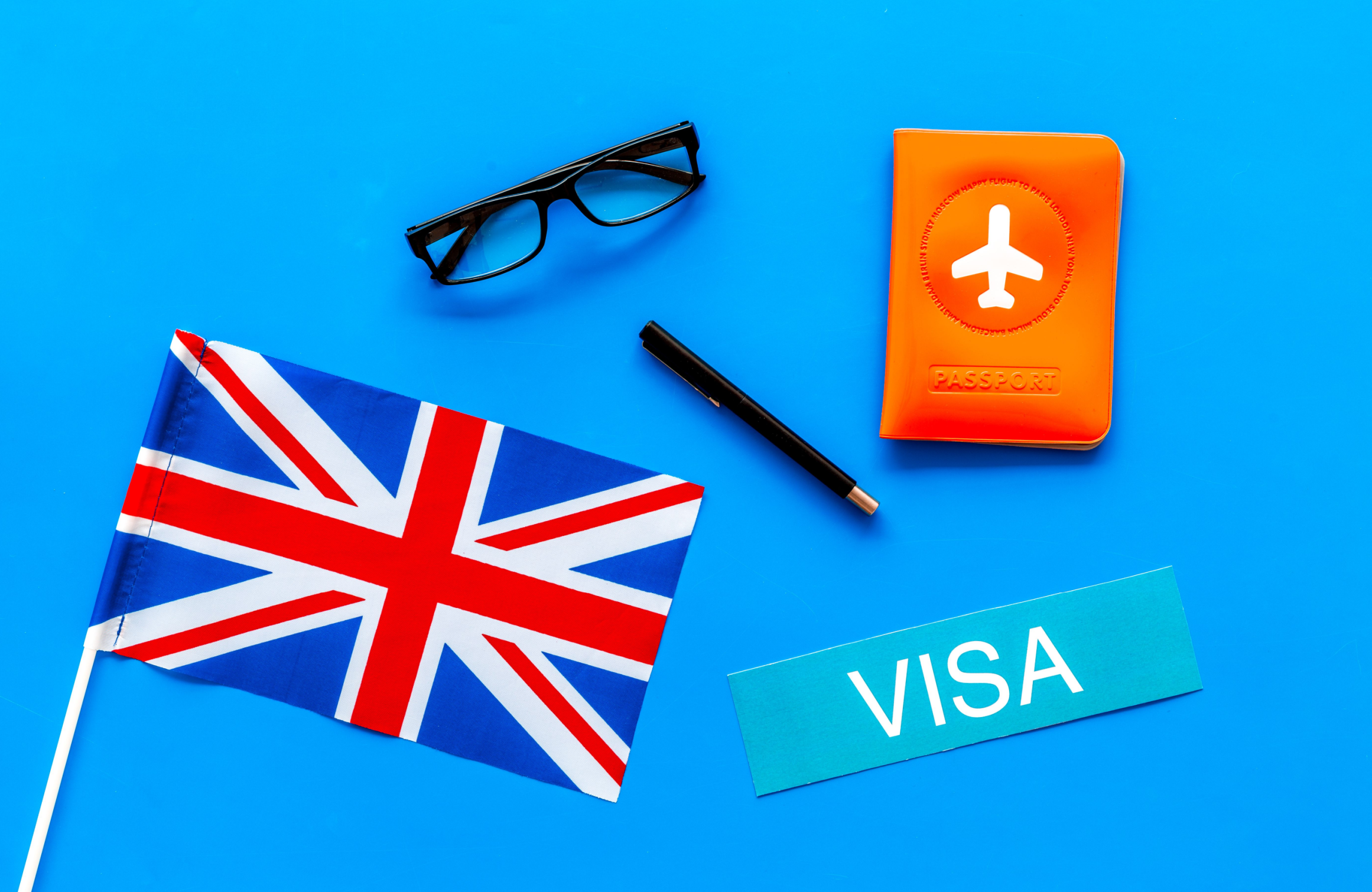I’d like to share with Truth Legal readers the fruits of my hard-earned labour establishing the various options for non-EU family members looking to apply to settle in the UK from abroad.
There’s detailed guidance available but it has holes, and it took a lengthy discussion with a Home Office official before I could plug the gaps and provide a step-by-step guide to your best route to entering and settling in the UK.
The EU Settlement Scheme is the mandatory system of registration for all EU nationals and their family members. For the non-EU family member, it’s pretty straight forward if you’re already in the UK – register on the Scheme and be granted settled status (indefinite leave to remain) if you’ve been resident in the UK for at least five years; or pre-settled status if less than five years.
If outside the UK, then it’s not so straightforward but here are the three possible routes, listed in order of preference.
Option 1: Can you simply register on the Scheme from abroad?
The simplest option is to register for pre-settled or settled status from abroad. This means that you would secure your status before even coming to the UK and so have maximum security with minimal administrative fuss, as the registration process is simple.
However, in reality it will be a select few who can register this way. The Home Office isn’t willing to issue biometric residence permits to family members who apply from abroad at this stage. Therefore, this option is limited to individuals who already possess a biometric residence card issued under the ‘old system’, albeit these cards were only issued from 2015 onwards.
Option 2: Can you apply for an EU Settlement Scheme Family Permit?
Alternatively you might be able to apply for an EU Settlement Scheme Family Permit. This type of document is valid for six months and you can leave and enter the UK as many times as you want within that time. However, if you are looking to settle in the UK then the idea is that, when you arrive in the UK, you’d then look to register for settled or pre-settled status.
However, again, check you meet the qualifying criteria, which are:
- You must be the ‘close family member’ of the EU national.
A key requirement for this particular permit is that your family member must be considered ‘close’, rather than ‘extended’. Your relationship to the EU family member must be one of the following:
- Spouse/ civil partner
- Dependent Parent or grandparent (if you are under the age of 21, or dependent on them), or your spouse/civil partner’s
- Child or grandchild (and they are dependent on you), or your spouse/civil partner’s
Unmarried partners (also known as ‘durable partners’) are presently not allowed to apply under this Scheme.
- Your EU family member must be registered under EU Settlement Scheme
The second key requirement is that the EU family members must be registered under the EU Settlement Scheme and must hold a relevant Home Office reference number.
- UK Residence or intention to travel to the UK
Your EU family member must either be already in the UK or be travelling with you to the UK within six months of your application.
Option 3: And for everyone else….The EEA Family Permit
If you’re not eligible for the above options then hopefully you’ll qualify for an EEA Family Permit. This is the ‘old system’ which has been in place since long before the word Brexit was coined.
Although any family member can apply for the EEA Family Permit, it’s likely to be the go-to choice for either extended family members or close family members who don’t already hold a biometric residence card and/or whose EU national isn’t registered under the Scheme.
Extended family members include a brother, sister, aunt, uncle, cousin, nephew, niece… or your unmarried partner (which means living together for at least two years). However, you must also be either:
- Dependent on your family member;
- A member of their household;
Or have:
- A serious health condition, and rely on your EU family member to care for you.
Your EEA family member must either be already in the UK, or must be travelling with you to the UK within six months of the date of your application.
If you‘re joining your EEA family member who’s already in the UK, then the EEA family member must either be a ‘qualified person’ or hold a permanent residence document. The EEA family member can be a qualified person by being either a worker, job-seeker, self-employed, student or self-sufficient.
Final thoughts
I’ve had confirmation from the Home Office regarding what happens regarding documentation for family members who register on the Scheme in the UK. The Home Office say that biometric residence permits will only be issued to individuals not already in possession of a biometric residence card.
This means that anyone previously issued with such a card, which for example is due to expire in 2020, will not be given a new card even if issued with pre/settled status. Thus many will be in the odd position of holding old documentation, and using this for travel and re-entry to the UK, which doesn’t reflect their new status under the Scheme. Bizarre!
Lastly, don’t forget that, as I explain here, extended family members should apply without delay, whether inside or outside of the UK, as they could be excluded from the EU Settlement Scheme if there’s a no-deal Brexit and they don’t already have documentation.
I hope that this has been a helpful tool to understanding the various options for non-EU family members looking to come to the UK. For any questions, please feel free to get in touch.
Further Reading
From one of the UK’s most read legal blogs.











